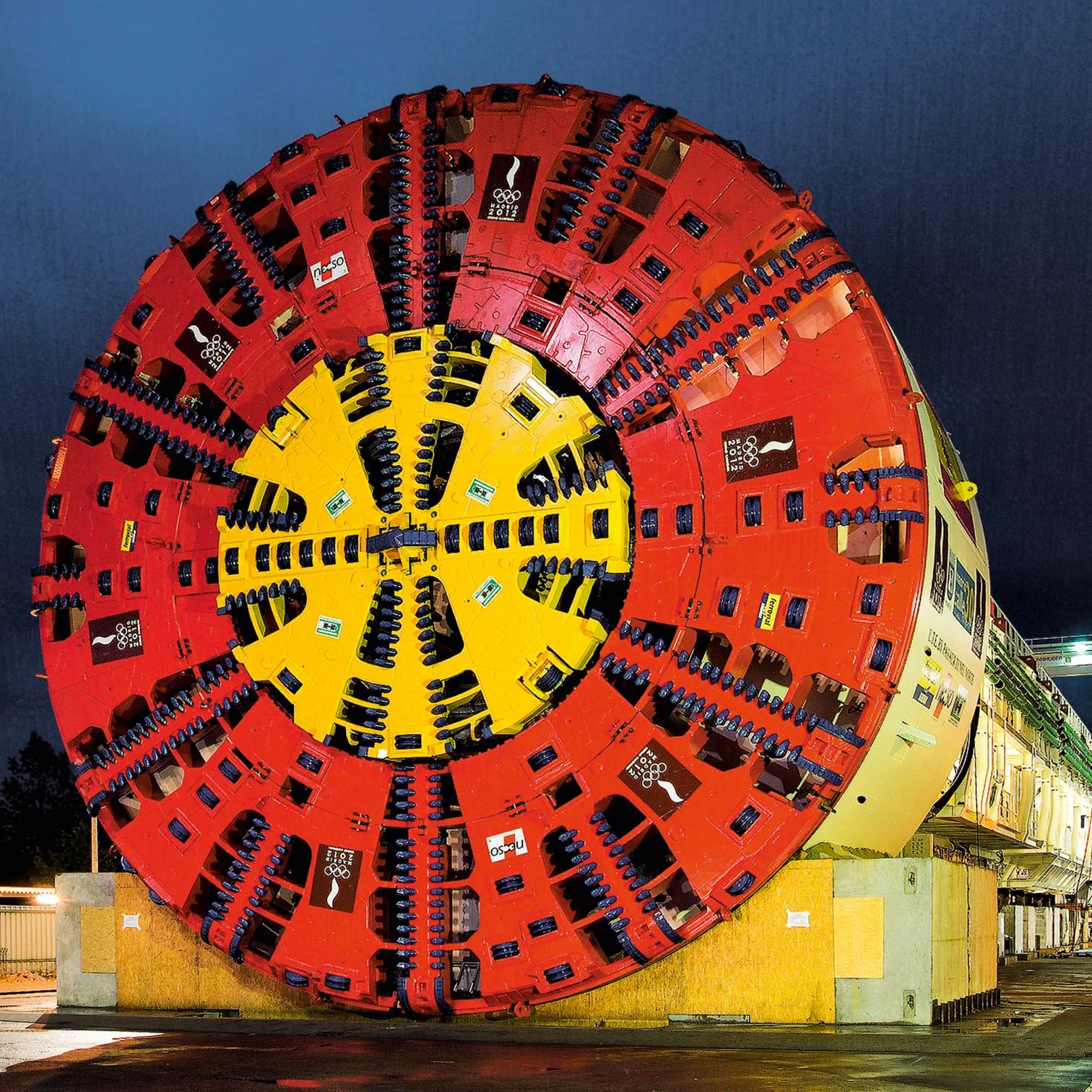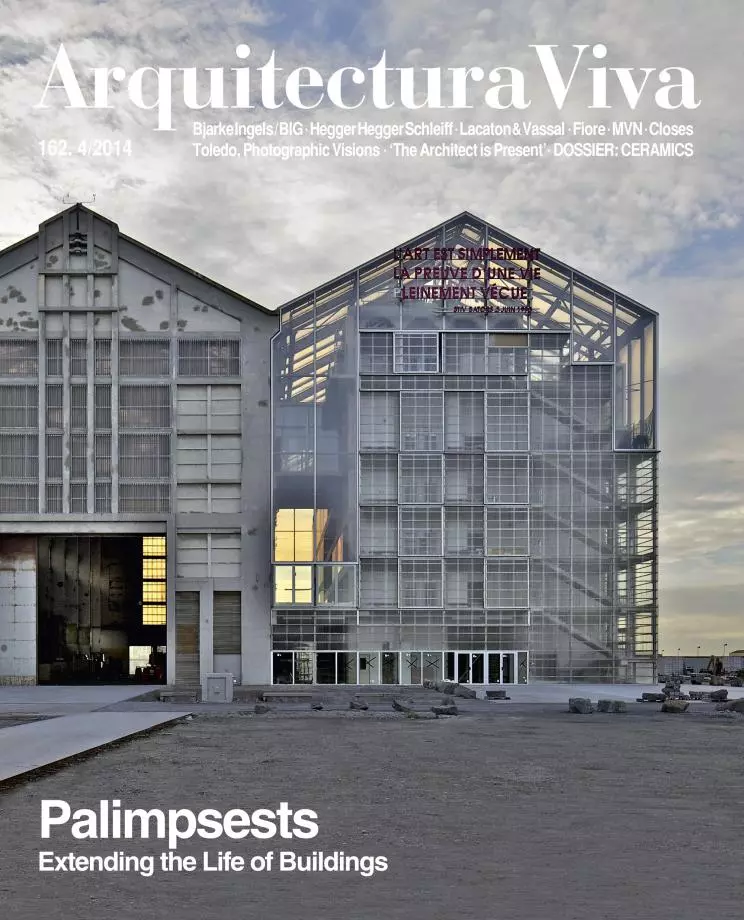
Some people thought that with the outbreak of the real estate crisis and the end of large-scale public investment, Spain’s leading companies in the construction sector would go under. They were wrong. Though in fact still heavily in debt, not one of them has seen its business figures drop substantially. Their losses in Spain have been compensated for by the new El Dorado of international contracts. In total, 83% of the share portfolio of these corporations is represented by works located abroad: some 75,000 million euros just for the first semester of 2013. Such is the case, for example, of the colossal commission for the Mecca–Medina bullet train line (6,736 million), the metro of Riyadh (6,030 million), or the recently completed metro of Panama (1,460 million). Not even the shadow of the Canal crisis has managed to halt deals like that for the metro of Lima, a meaty project that ACS and FCC will jointly carry out for a sum of 3,900 million euros. Such figures are proof of the financial aggressiveness of these entities and of their capacity to juggle diverse contractual policies, but also of a technical solvency in tackling enormous scales that they could only have developed and perfected during a boom period in which there was more building going on in Spain than anywhere else in Europe. During those years, the bubble was the incubator of a monster fed with cohesion funds and public money. The monster is now able to adapt to other, more favorable ecosystems.





